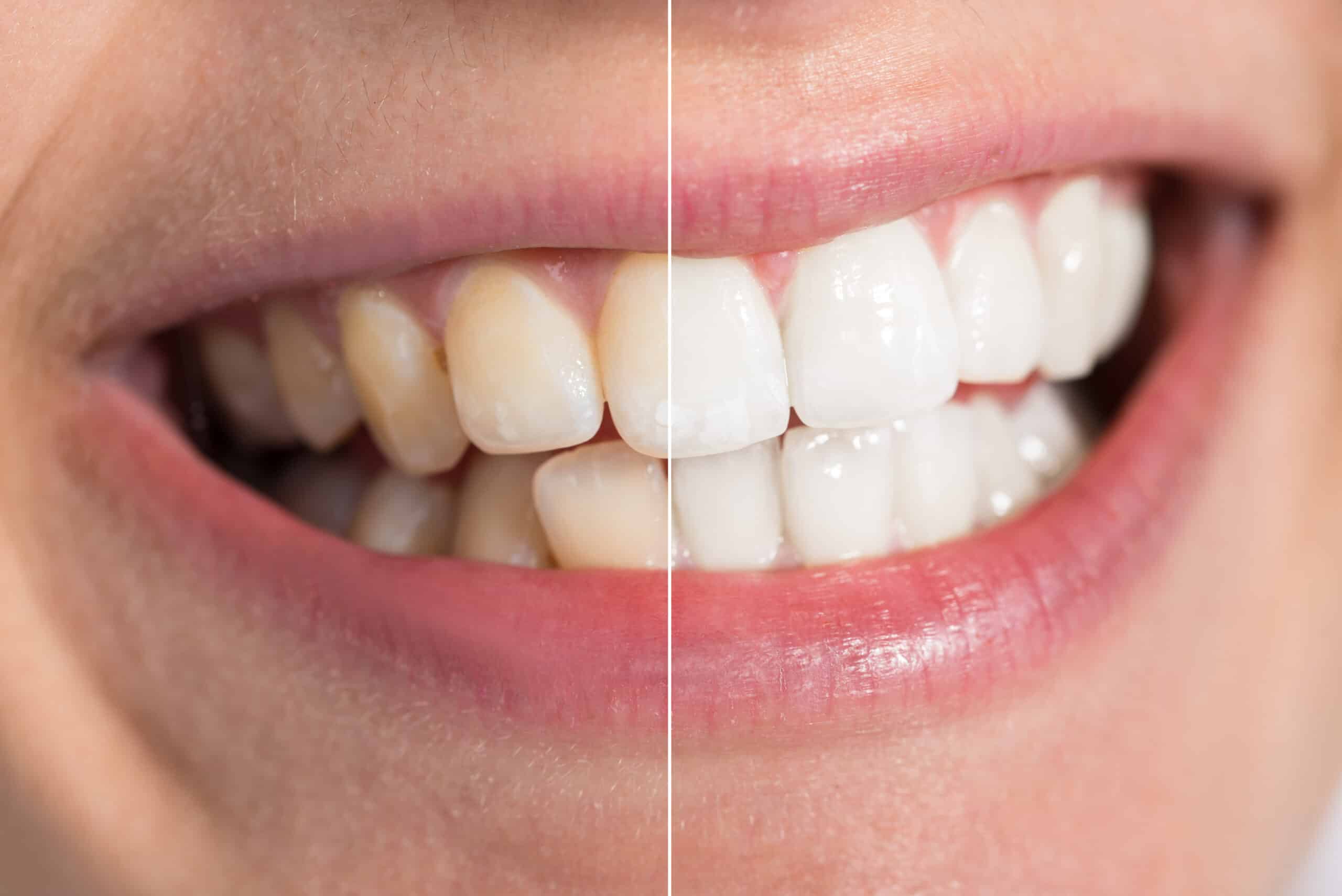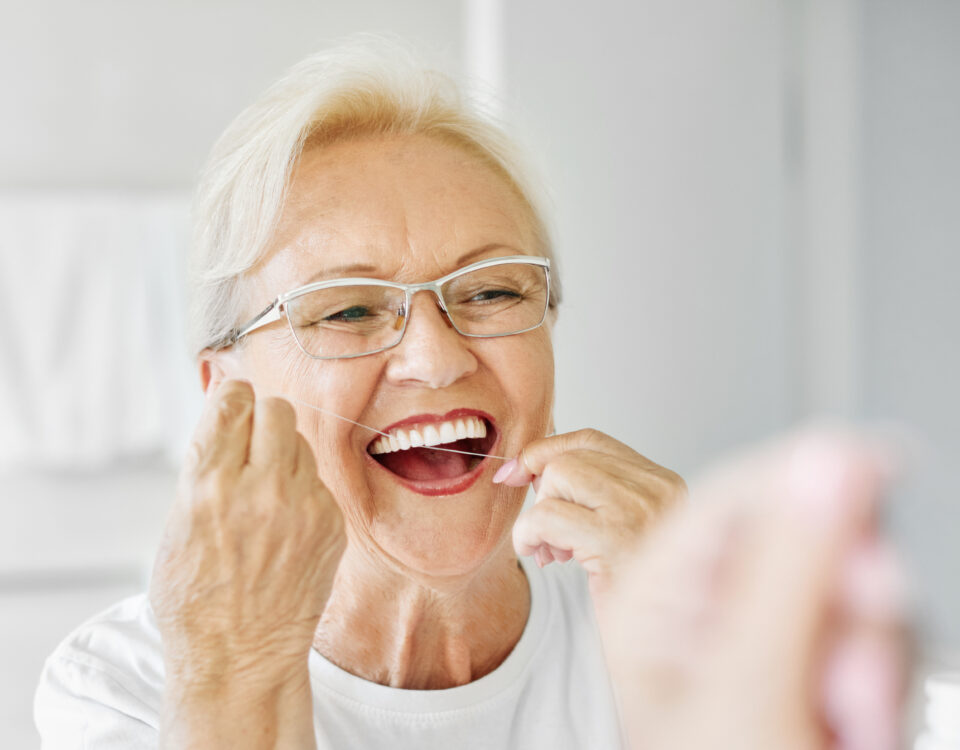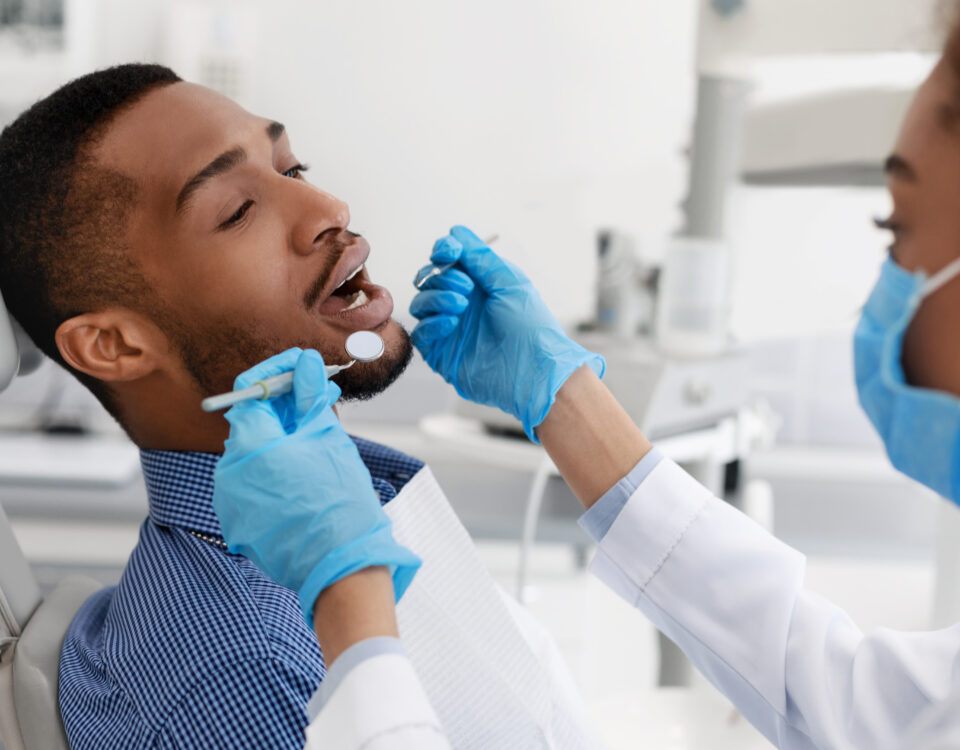The Link Between Sleep Apnea and Dental Health

The Different Types of Teeth Stains and How to Remove Them
February 16, 2023
Why You May Need to Remove Your Wisdom Teeth
March 3, 2023Did you know that there is a link between sleep apnea and dental health? Sleep apnea is a condition that causes people to stop breathing for short periods of time during sleep. This can lead to a number of health problems, including dental issues. In this blog post, we will discuss the link between sleep apnea and dental health, as well as the steps you can take to protect your teeth and improve your overall oral health.
What is Sleep Apnea?
Sleep apnea is a condition where an individual experiences periods of breathing pauses while they are sleeping.These pauses can last from several seconds to minutes, and the individual may not be aware that they have stopped breathing. The most common type of sleep apnea is obstructive sleep apnea (OSA), which occurs when the muscles in the back of the throat relax too much, causing a blockage in the airway.
How Does Sleep Apnea Affect Dental Health?
OSA can have an effect on dental health through several mechanisms. First, the lack of oxygen during OSA episodes can reduce saliva production and lead to dry mouth. This can increase bacteria in the mouth and make it more difficult for the body to fight off oral infections. Additionally, people with sleep apnea may be more likely to suffer from bruxism, which is a condition where an individual clenches or grinds their teeth while they are sleeping. This can lead to chronic headaches and tooth damage over time.
TMJ
Evidence suggests temporomandibular joint (TMJ) disorders and sleep apnea go hand-in-hand. The TMJ connects the lower jaw to the upper jaw. You have two TMJ joints, one on each side of your face.
Symptoms of a TMJ disorder include:
- Jaw pain
- Pain throughout the head, neck, and shoulders
- Problems chewing
- Jaw joints that make clicking or grinding sounds
- Locked jaw (the inability to open or close the mouth for a period of time)
Bruxism
Bruxism is simply a fancy name for grinding the teeth or clenching the jaw. While it can happen at any time, it frequently occurs while a person is asleep. Bruxism has negative effects on your sleep, including waking up unrefreshed and with headaches and neck and jaw pain. Bruxism is considered a sleep-related disorder because it causes uncontrolled and involuntary movement of the jaw during sleep. Signs can range from loose teeth to eroded tooth surfaces, or cracked, chipped, and broken teeth. If your dentist observes symptoms, he or she may ask about muscular pain in your head, neck, face, and jaw, as well as dryness of your lips, mouth, and throat upon awakening.
Mouth Breathing
OSA causes a person to breathe through the mouth (mouth breathing). Mouth breathing results in dry mouth and leads to tooth decay. Additional consequences of dry mouth are plaque, mouth sores, gingivitis (gum inflammation), and periodontal disease.
Signs of Sleep Apnea
The most common symptom of sleep apnea is loud, excessive snoring. Other signs include:
- Episodes in which you stop breathing during sleep — which would be reported by another person.
- Gasping for air during sleep.
- Awakening with a dry mouth.
- Morning headache.
- Difficulty staying asleep, known as insomnia.
- Excessive daytime sleepiness, known as hypersomnia.
- Difficulty paying attention while awake.
- Irritability.
Sleep Apnea Treatment
If you are suffering from sleep apnea, there are a few things that you can do to protect your dental health. The most important step is to get treatment for your sleep disorder. There are several treatments available. At Premier Dentistry of Eagle, we offer a custom-made oral appliance. This oral appliance fits in your mouth and is only worn while you sleep. It works by preventing obstructions in your airway throughout the night, allowing you to breathe continuously.
How to Protect Your Dental Health
If you have been diagnosed with OSA, there are a few steps that you can take to protect your dental health:
- Brush for at least two minutes twice a day.
- Floss daily.
- Visit your dentist regularly for check-ups and cleanings.
- Avoid beverages like soda and tea, which can stain the teeth.
- Quit smoking, as it has been linked to an increased risk of oral diseases.
- Wear a custom-made oral appliance to prevent airway obstructions while you sleep.
Make an Appointment with Premier Dentistry of Eagle
If you have been diagnosed with sleep apnea, it is important to visit your dentist regularly and get the treatment that you need. At Premier Dentistry of Eagle, we specialize in helping patients manage their oral health related to sleep apnea. Contact us today to book an appointment. We look forward to helping you take care of your smile!



